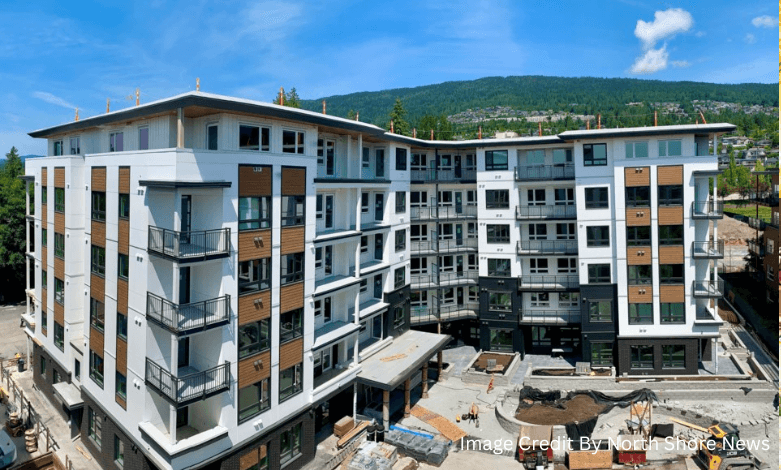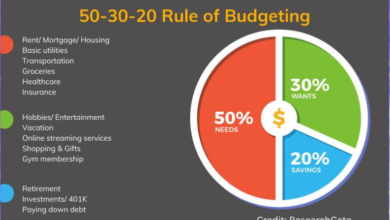
Rising costs haven’t erased financial creativity — here’s how residents are finding ways to thrive in one of Canada’s most expensive cities on a tight monthly budget, proving that living in Vancouver on $2000 is achievable.
Living on $2,000/Month in Vancouver: What’s the Reality?
In a city where the average rent for a one-bedroom apartment sits around $2,600, the idea of living on just $2,000 a month in Vancouver seems more like fantasy than fact. Yet, a growing number of residents — students, digital nomads, seniors, and frugal creatives — are proving it can be done, and with dignity.
Living within this tight budget often requires sacrifice, resourcefulness, and strategy, but for many, it also reflects a deeper desire to live more intentionally, resist overconsumption, and reclaim autonomy from the grind of high-cost urban living.
The Budget Breakdown: A Closer Look at the $2,000 Lifestyle
While the average cost of living in Vancouver often surpasses $3,500/month, those on a $2,000 budget lean into radical prioritization and community-supported alternatives. Here’s how it typically breaks down:
- Housing ($750–$950): Many opt for shared housing, micro-suites, or co-op living arrangements. East Vancouver and Burnaby remain popular for lower rents. Platforms like BC Housing or CoHo BC offer access to affordable co-op listings.
- Food & Groceries ($300): Shopping at community markets, food banks (like Greater Vancouver Food Bank), and using apps like Too Good To Go helps slash costs while reducing food waste.
- Transportation ($130): A Compass Card with a monthly TransLink pass gives access to Metro Vancouver’s extensive transit system. Many go car-free and supplement with biking or walking.
- Utilities & Internet ($100): Bundled services or cost-sharing with roommates help minimize overhead.
- Discretionary & Emergencies ($200–$300): This includes occasional entertainment, essentials, or healthcare not covered by MSP.
Why It’s Happening: Motivations Behind the Minimalist Urban Lifestyle
The pressure of Vancouver’s housing crisis — coupled with growing inflation and a cultural shift toward sustainability — is pushing people to rethink what’s “enough.” For Gen Z and Millennials in particular, there’s less shame in minimalism and more pride in mastering urban frugality.
According to Statistics Canada, Vancouver ranks among the top three most unaffordable cities in North America. Yet alongside this, there’s a rise in content and communities — like r/Vancouver on Reddit and local frugal-living Facebook groups — dedicated to budget hacks and solidarity.
Economists also point to a rise in gig work and remote income streams that allow individuals to earn just enough, then prioritize lifestyle and flexibility over traditional career paths.
Check out: How Vancouver Freelancers Are Redefining Work-Life Balance
The Human Angle: How It Feels to Live Lean in a Luxe City
Emotionally, it’s not always easy. “There’s a fine line between minimalist and precarious,” says Samira, a 32-year-old artist who’s lived in a co-op since 2020. “But I’ve also never felt more connected to my community or more conscious of my spending.”
Mental health plays a major role. Some experience burnout from constant budgeting, while others feel empowered by rejecting consumer culture. Still, navigating this lifestyle requires resilience, especially in a city where social circles often equate success with financial status.
What’s Next: Can Vancouver Support Affordable Urban Living?
The City of Vancouver is piloting several affordability measures, including modular housing, renter protection policies, and a proposed expansion of co-op housing in 2026. Non-profits and private co-living initiatives are also entering the market, promising new models of shared urban life.
At the community level, mutual aid networks and urban farming collectives are making it easier to live affordably while staying nourished — financially, socially, and mentally.
Read more:
- Why Vancouver’s Co-op Housing is Making a Comeback
- Ultimate Guide to Home Improvement in 2025: Budgeting, Trends, ROI Projects & More
Final Thoughts: Rethinking Value in a High-Cost World
Living on $2,000 a month in Vancouver isn’t just a financial experiment — it’s a cultural shift. It challenges what it means to “live well” in a hyper-consumerist economy and spotlights the creative resilience of those making it work. As affordability crises mount globally, Vancouver’s budget-living pioneers may well point the way forward for urban centers everywhere.




